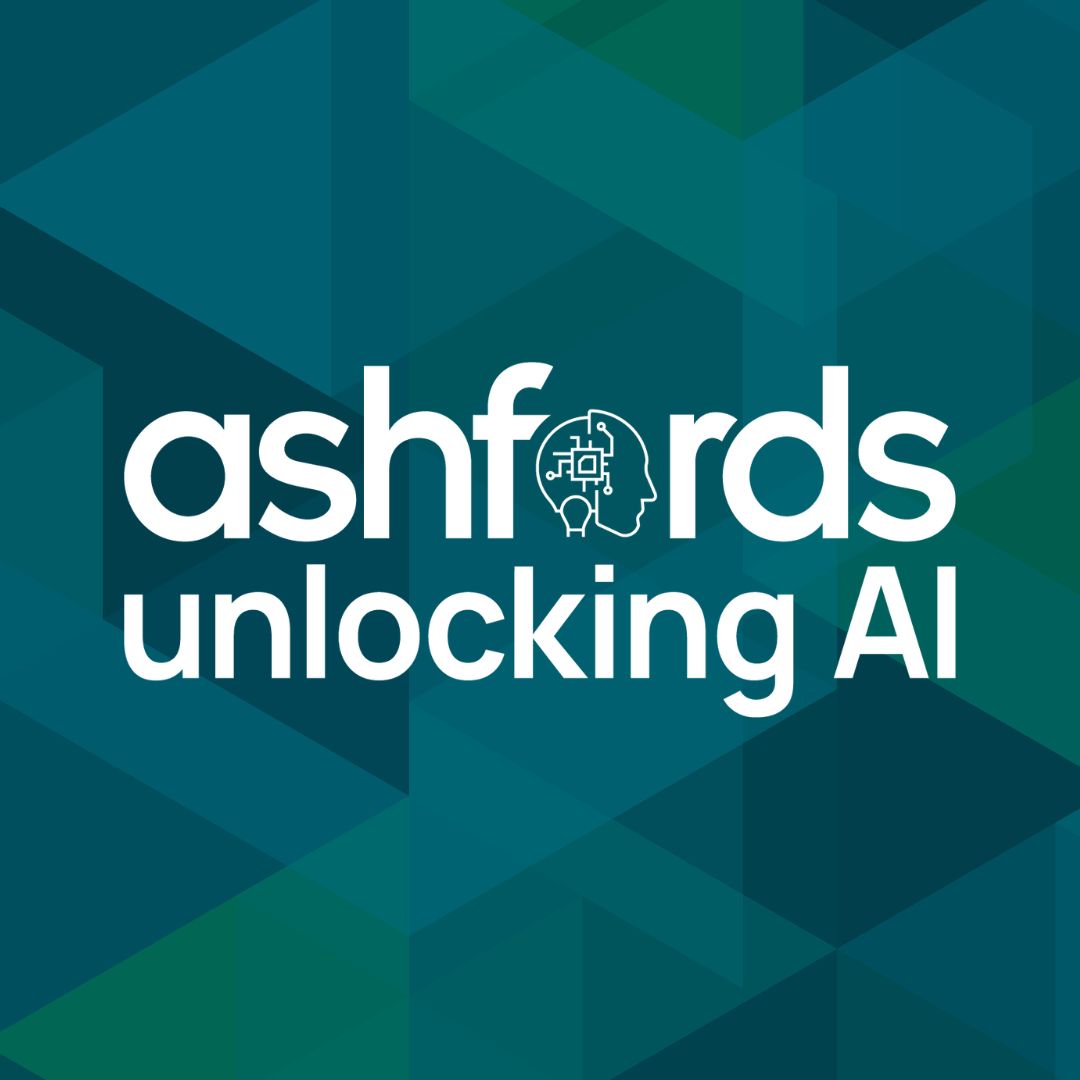Although most people will have already come across artificial intelligence (AI) technology in some form or other, such as the voice-controlled assistants Siri and Alexa, the recent acceleration in this digital revolution may seem overwhelming for older generations.
However, AI could have the potential to empower and assist older people in ways that we could not have previously imagined.
The NHS is working closely with technology and care providers, to investigate how they can use AI to improve care services. They have a number of trial projects, for example:
A scheme where care home staff would answer a set of questions which were used to conduct monthly wellness checks. The resident’s GP or pharmacist were alerted if the observations exceeded set parameters. This resulted in fewer transfers to intensive care.
A trial which sought to improve how care homes check on their residents at night time. Usually, these checks were done in person with the consequence of disturbing sleep and with the risk of missing something between checks. In this project, they installed wireless-enabled acoustic monitoring devices which filtered out background noise and calculated the resident’s activity based on sounds they were making. The devices then classified and interpreted those sounds and determined whether those were normal for that person. As a result, the device could identify unusual movements or calls for help and alert staff. During the trial, the homes that participated experienced a 55% reduction in night time falls and a 20% reduction in hospital admissions.
A tool to assess the pain of people unable to communicate, such as those with advanced dementia. It takes a 3 second video of a person’s face and applies AI to identify facial micro-expressions indicative of pain. With this information carers can apply appropriate pain management and monitor the effect over time.
To find out more about how the NHS is planning to use AI to improve health and social care visit the NHS website.
AI has the potential to be of great benefit to our ageing population. However, as AI continues to develop it is crucial to ensure that the older generation can both access and benefit from this technology.
It is also important that we keep in mind the importance of fulfilling the social and emotional needs of older or vulnerable adults and that their interests are safeguarded.
For further information or advice about planning for later life or care, please contact our private wealth & estates team or our court of protection & vulnerable persons team.
If you are interested in how AI will change business and the law, visit and bookmark our Spotlight AI hub for more AI insights. The Hub brings together commentary from Ashfords’ experts, our clients and our contacts across a wide range of areas; looking at how AI might impact as its use evolves.
Please do also get in touch if there are any specific areas related to AI that you’d be interested in hearing more about.
Visit our AI spotlight area